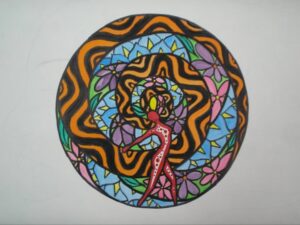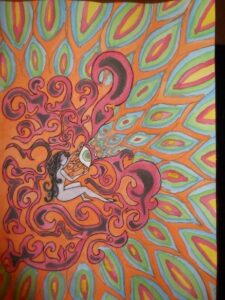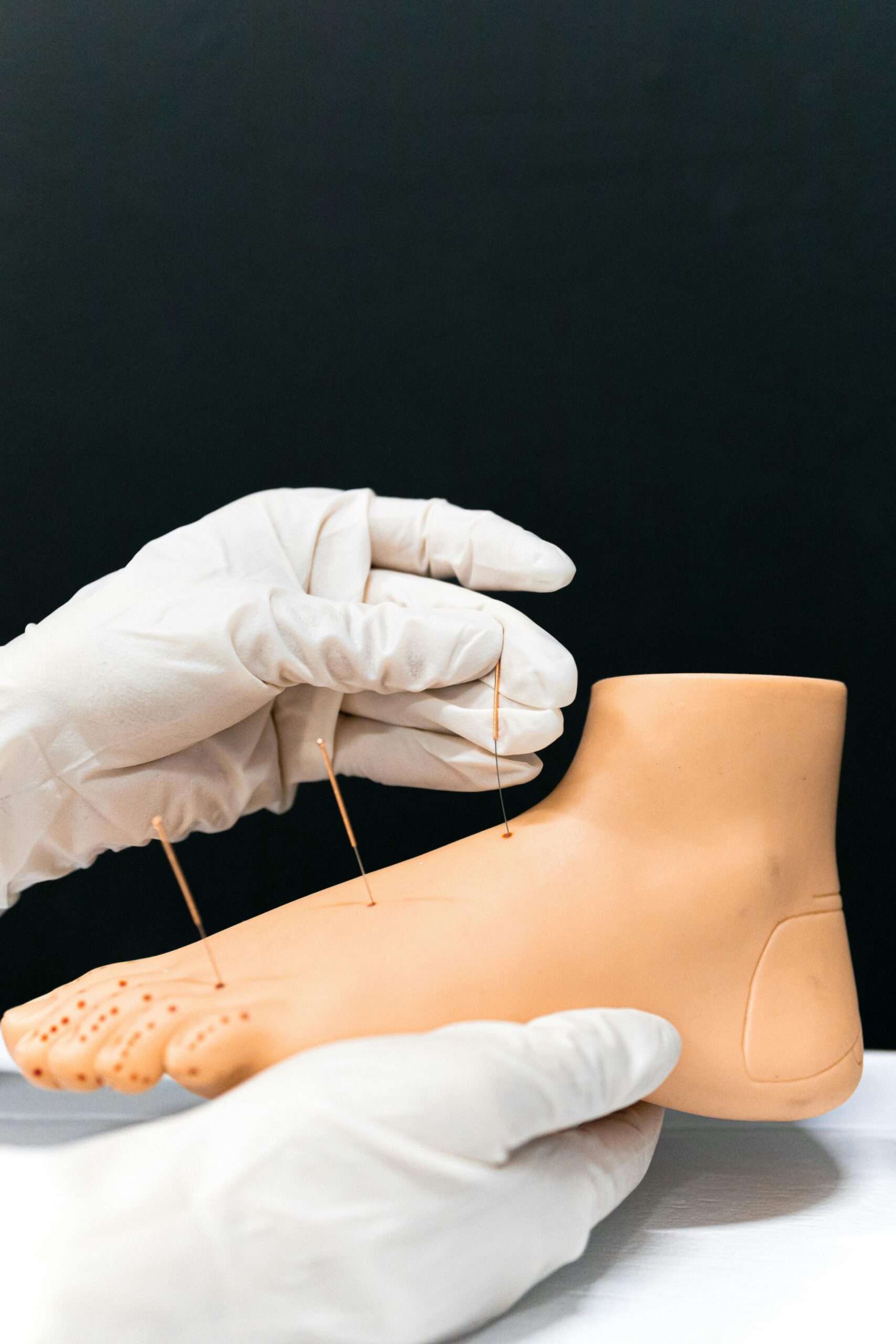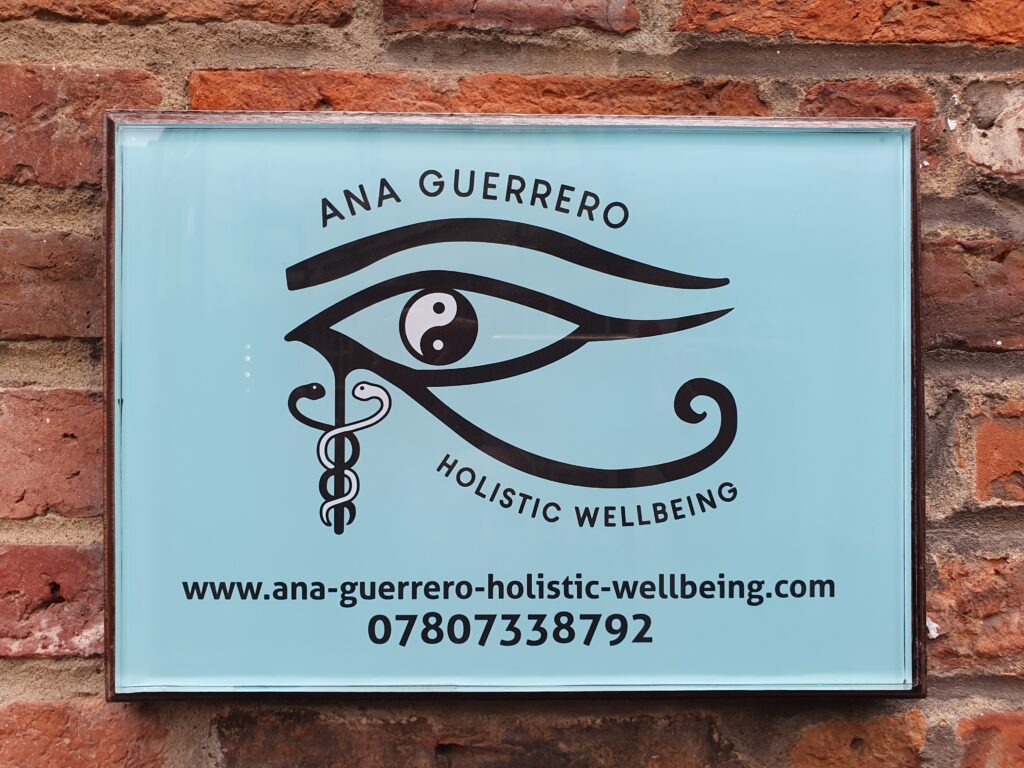“Stress.” We hear that word a lot. Some people argue that there is a culture of “stress” these days, especially work stress; and with it, an assumption that if you’re not stressed at work, then you’re not working hard enough. Unfortunately, many people use stress and busy-ness as a badge of honour to prove their worth or contribution to society.
“Stress” is defined by the World Health Organisation as any type of change that causes physical, emotional or psychological strain. Stress is your body’s response to anything that requires attention or action. Everyone experiences stress to some degree. The way you respond to stress, however, makes a big difference to your overall well-being. Now we know that stress can in fact cause negative structural, molecular and cellular changes.
Most modern diseases are triggered by stress as it affects all three of these elements (emotional, physiological and psychological), and can certainly cause mayhem if left untreated. The brain and body are intrinsically linked, and what happens in one centre, has an impact in the other. Humans are a complex network of interconnected systems and processes, and no one function really happens entirely in isolation.
But fear not, at the end of this article I have listed a series of stress management strategies you can choose from.
You will have heard me talk before about how a little bit of stress is good for us; it helps us to perform and protect ourselves. Stress though, activates the Sympathetic Nervous System (SNS) fight, flight, freeze, friend (Stockholm syndrome) response by firing of the amygdala in the reptilian (or limbic) system of the brain. This is the body’s alarm system which historically kept us alive in the face of danger, such as a preying lion. The limbic system sends out signals that we should proceed with caution and heightened alertness. It’s a wonderful self-defence mechanism inbuilt in us all, but its long-term use and prolonged activation can cause a myriad of health problems. An alarm is designed to be switched off! You wouldn’t leave your alarm clock beeping all day long. Our nervous system is designed to re-regulate naturally after the threat is gone but unfortunately, that process might be hindered by us or external circumstances such as wars and sustained collective or environmental stressors.
People react differently to stress and appear to have different thresholds. Allostatic load is the cumulative burden of chronic stress and it happens when the stressor is greater than our individual resilience and ability to cope. Chronic/unmanaged stress can go unnoticed due to us being “used to it” and it is important to acknowledge that even then, it causes damage.
Unmanaged stress is now known to have repercussions in many areas. These include:
-
Brain function
The brain is the instrument that perceives and measures threats and thus, determines the level of stress. It also controls the behaviour and physiological responses to that stress. Stress though, can cause an imbalance of neural circuitry reducing efficacy in memory, learning and cognition.
-
Musculoskeletal system
As a reflex reaction to stress, we tense up our muscles as a way of protecting ourselves from attack, injury or pain. Over an extended period of time, we can cause muscle degradation and impede our ability to move properly, in a full range of motion and actually create pain and tension – adding to the burden of stress.
-
Endocrine system
This is the hormonal control centre, so is naturally affected by stress and the release of the stress hormone cortisol. Cortisol increases our energy level (so that we can escape the imminent threat) but this can also cause inflammation in the body and impair communication between the immune and endocrine systems. The hormonal imbalance can also affect the other hormones in the body, which is often why menstruating women can see a difference to their cycle in times of stress.
-
Sleep
As we discussed in the last blog, sleep can be hugely affected by our stress response. The yin and yang cycle of day and night is disrupted by the dominance of yang chi and we find it increasingly difficult to relax and switch off our minds to allow ourselves to sleep. We are not designed to sleep while fighting an immediate threat, so the two states cannot be maintained simultaneously. Our bodies engage in a rest and repair cycle when we sleep, but this can only be achieved by deactivating the SNS.
-
Immunity
The stress response can suppress the immune system by reducing the number of white blood cells (which defend us against viruses and pathogens) in our blood stream. With our best line of defence weakened, this is why we can feel run down and repeatedly become ill when we are stressed.
-
Heart health
The fight or flight response to stress causes an increase in heart rate and forces the heart muscle to work harder, releasing the stress hormones adrenaline and cortisol and increasing blood pressure. The obvious risks to extended periods in this state, are heart attack and stroke.
-
Gastrointestinal system
While the gut works fairly independently of the brain, they are in constant bi-directional communication, and the gut bacteria and health can directly impact brain health and our ability to think clearly, make decisions and process emotions. Stress can affect our appetite, causing us to under or over eat and sometimes, choose the wrong kind of foods – a lack of nutrient density can adversely affect the gut bacteria and trigger that chain of events. Our digestion and bowels can be affected too. Pain, bloating and inflammation can impact the speed at which food passes through the body.
Add on to all of these physiological effects of stress, the fact that many people who are suffering with stress also make unhealthy lifestyle choices, further contributing to ill health, and you can see how stress can become an all-encompassing and self-perpetuating cycle.
What all of these things have in common is poor homeostasis; a lack of fundamental, delicate balance and free flow of Qi and fluids that determine the effective function of the human body. We already know that acupuncture can effectively re-establish homeostasis in a holistic way. Stress has a holistic impact and rarely presents as one symptom. Sometimes the symptoms that present are seemingly unrelated! This is why the reductionist approach of Western medicine fails to address the root cause in some cases. Let’s say that you have indigestion, speech difficulties, chronic pain around the neck from cervical spine instability and an overactive bladder. Your GP will arrange investigations in isolation: an appointment with the renal or urinary specialist, another one with the speech therapist, another one with the physiotherapist and anther one with the digestive specialist, and nothing might come up in the various tests other than acid reflux or IBS, for example. You will be given drugs to suppress the symptoms and all fingers will remain crossed. They fail to make the links, to discern what all of these symptoms have in common, to see how these different bodily systems work together.
I encountered a very similar case in my clinic and we finally found what was wrong. I had been treating her for a month and finally, one day, she disclosed that she fell backwards and hit the back of her head 2 years ago, when all of her seemingly unrelated symptoms started. I thought, Eureka!! I ran neurological tests that were positive and got cracking with the treatment. The outcome was AMAZING. More on this another time. Promise!
In conclusion, when it comes to stress, it makes sense that the best course of action would be a holistic treatment. Acupuncture is also relaxing for the recipient and can induce a much needed state of calm and head space from which resilience and re-regulation can be reinforced.
What can we do to manage stress? We are spoiled for choices, really!
-
Connect with others. Spend regular time with the people who elevate your life experience and remove or reduce unnecessary distraction and interactions that bring only drama and low vibrations.
-
Eat well. Eat real food.
-
Exercise regularly. Move! It doesn’t have to be hardcore workouts but things like tai chi and yoga are excellent as they bring a sense of peace while you strengthen and connect with your body.
-
Limit unhealthy lifestyle choices.
-
Practice mindfulness, meditation or relaxation techniques. I find journaling incredibly powerful. I do it every day and I always feel lighter afterwards. It helps me organise my thoughts which greatly reduces mental-emotional overwhelm. Positive affirmations are a definitely go-to, especially in the morning and sometimes I listen also before bed. I enjoy Jason Stephenson on YouTube but there are many others, also on Spotify. Just find one who’s voice you find pleasant and easy to connect with.
-
Manage workload/pressure. If you don’t know how to, hire a life coach for a few sessions to get you on the right track.
-
Don’t be afraid to ask for help.
-
Sleep adequately.
-
Regular acupuncture/massage/reflexology sessions.
-
Use the Eisenhower Matrix when needed. While I was studying my degree in Acupuncture, I came across it and I have been recommending it to overwhelmed clients ever since. It helps us put things into perspective and it is an eye opener regarding tasks we might prioritise which, actually, are useless and a waste of time. It greatly reduces the constant sense of urgency we live with. You will be surprised to see the green box empty by the end of the task!
-
Make yourself a realistic sustainable Wellbeing Plan for your needs to include the above and why not, an escape to the sun in the middle of Winter every year! I love going to the Canary Islands every February to relax and recharge.
-
Artistic and creative activities reset the brain and the nervous system. I love losing myself in a painting. It clears my head and sharpens my focus. I find the beauty in art is quite healing for the heart too. The images below are some of mine! 🙂



Be well.
Ana Guerrero







